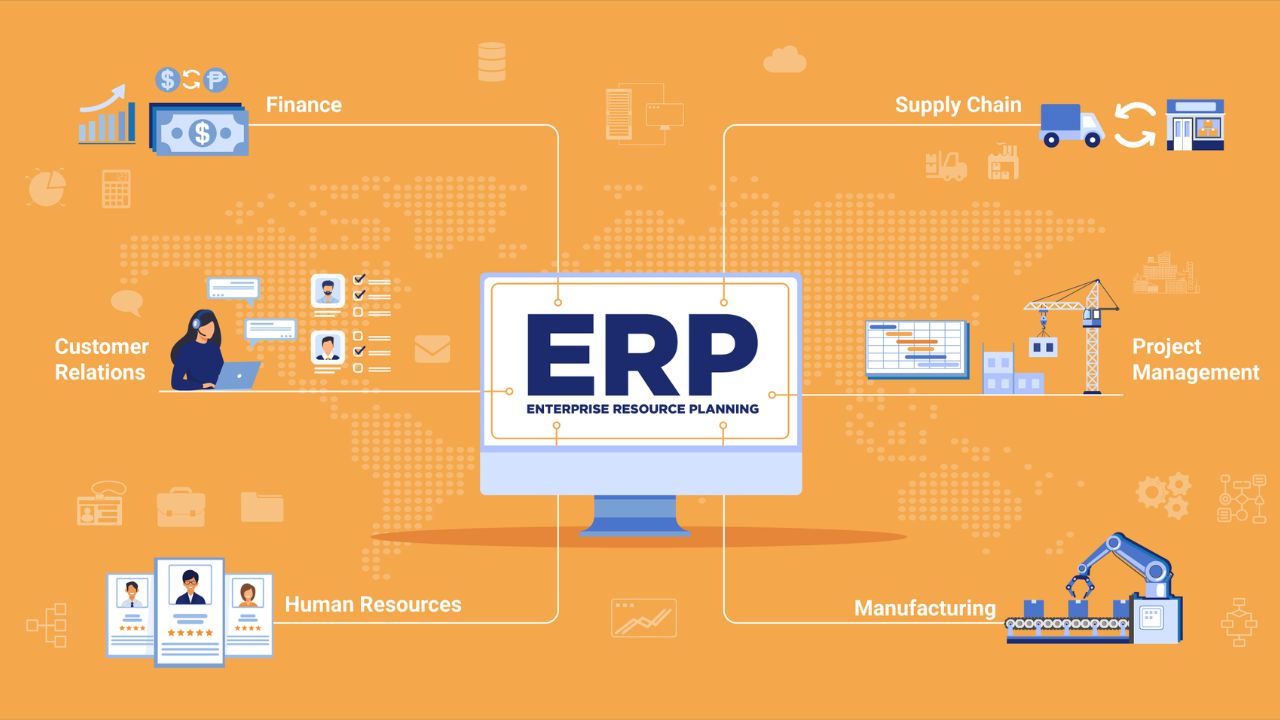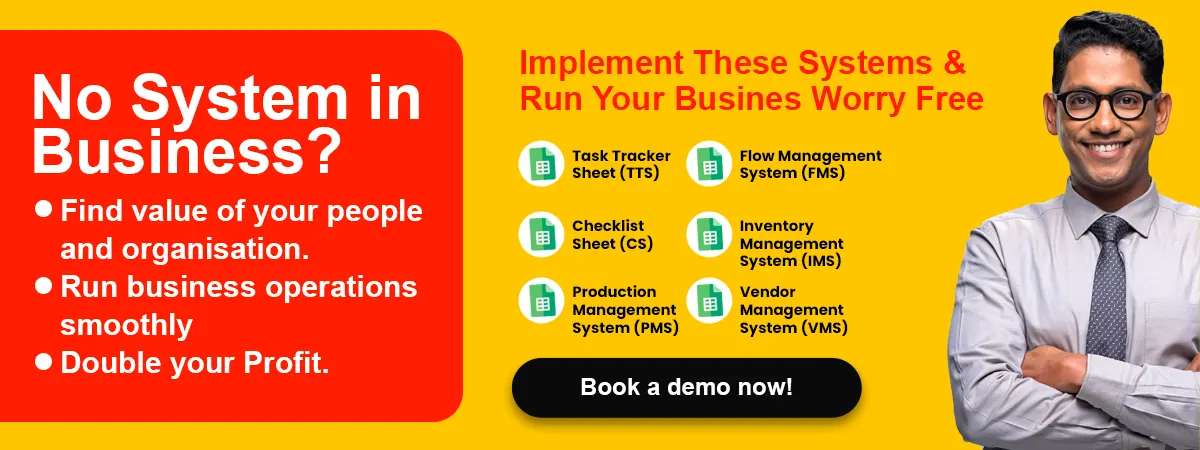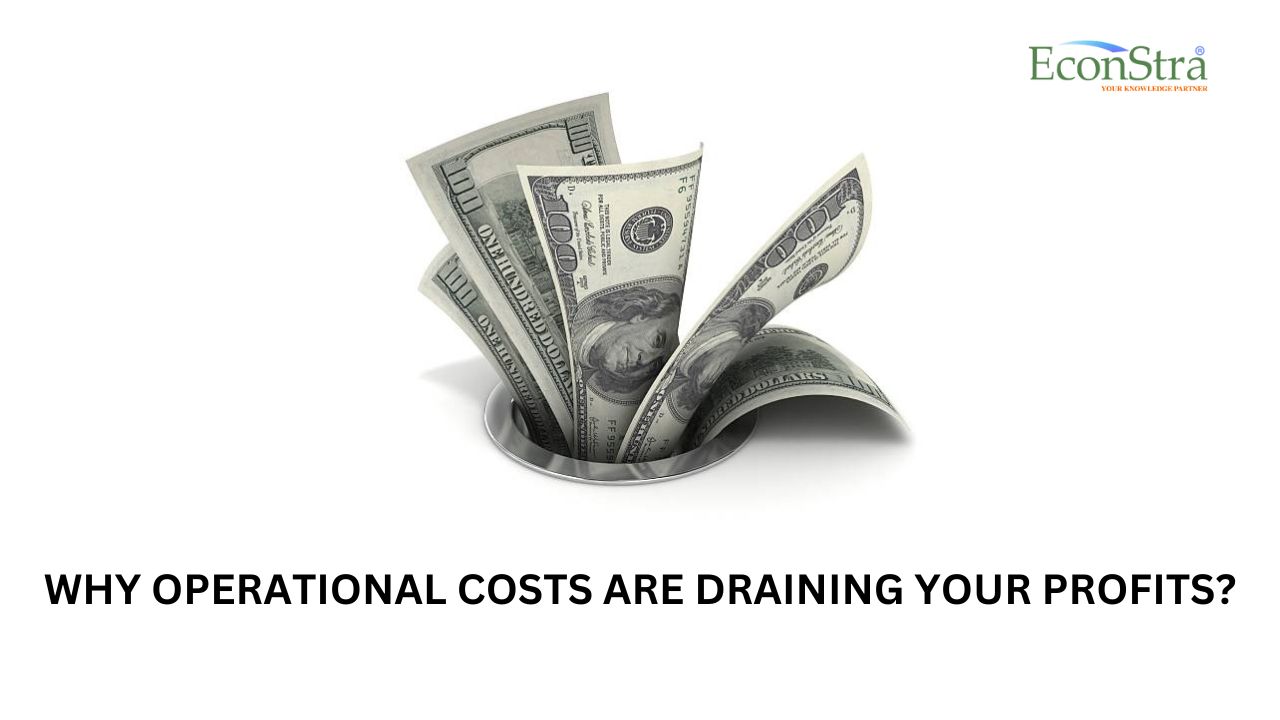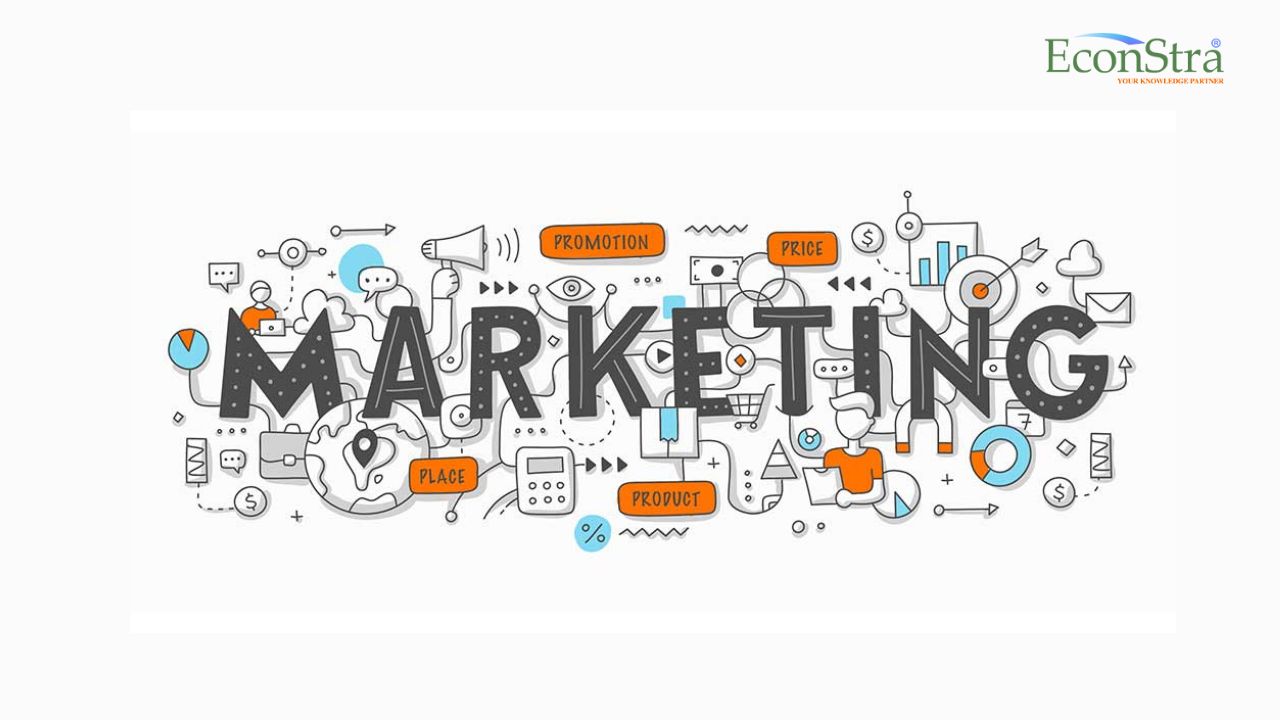by Soumyajit Admin
Share

In the fast-paced world of modern business, staying competitive and efficient is paramount. Companies constantly seek ways to optimize their operations and increase productivity. This is where Enterprise Resource Planning or ERP systems come into play.
If you are wondering, “What is Enterprise Resource Planning?”- you are in the right place. This blog will provide you with a comprehensive overview of ERP systems, the benefits of business process automation, and how they can revolutionize your business processes.
What is Enterprise Resource Planning (ERP)?
Enterprise Resource Planning, often abbreviated as ERP, is a powerful and integrated software solution designed to help businesses streamline their operations by centralizing data and processes. ERP systems enable organizations to manage various functions, such as finance, human resources, manufacturing, supply chain, and customer relationship management, under one unified platform.
At its core, ERP is about improving efficiency, transparency, and collaboration across different departments. It enables real-time data sharing and access, eliminating the need for disparate systems and manual data entry. This integration allows businesses to make informed decisions quickly and respond to changing market dynamics effectively.
ERP systems consist of various modules, each tailored to specific business functions. These modules can include accounting, inventory management, procurement, project management, and more. What makes ERP truly powerful is its ability to create a single source of truth – a centralized database that ensures data consistency and accuracy across the organization.
Key Components and Features of ERP
To understand “What is Enterprise Resource Planning” better, let’s delve into the key components and features of ERP systems:
- Centralized Database: ERP systems house all data in a central repository, allowing for easy access and accurate reporting. This eliminates data silos and reduces data redundancy.
- Integration: ERP integrates various business processes, enabling data flow between different departments seamlessly. This integration enhances collaboration and data accuracy.
- Customization: ERP solutions are often customizable to meet the specific needs of an organization. Businesses can tailor the system to match their workflows and requirements.
- Real-time Analytics: ERP systems provide real-time insights into business operations. This helps organizations make data-driven decisions and respond swiftly to market changes.
- Scalability: As businesses grow, ERP systems can scale with them. Additional modules and features can be added to accommodate evolving needs.
- Automation: ERP automates routine tasks, reducing manual workloads and minimizing errors. This frees up employees to focus on more strategic activities.
- Security: ERP systems often include robust security features to protect sensitive business data from unauthorized access.
- User-Friendly Interface: Modern ERP solutions come with user-friendly interfaces that make navigation and data entry accessible for employees at all levels.
Key Benefits of Implementing ERP in Business
Implementing an Enterprise Resource Planning (ERP) system in a business can offer a wide range of benefits, helping organizations streamline their operations, improve efficiency, and make informed decisions. Here are some key benefits of implementing ERP in a business:
- Integration of Processes: ERP systems integrate various business processes, such as finance, human resources, supply chain, manufacturing, and customer relationship management into a single platform. This integration eliminates data silos and enables seamless communication and data sharing across departments, leading to increased efficiency and reduced errors.
- Improved Data Accuracy: ERP systems centralize data storage and automate data entry, reducing the chances of data duplication and errors. This leads to more accurate and reliable information for decision-making.
- Enhanced productivity: ERP software automates routine tasks and workflows, freeing up employees from manual data entry and repetitive tasks. This allows staff to focus on more value-added activities, improving overall productivity.
Also read our article on: Tips for Business Process Automation
- Real-time Visibility: ERP systems provide real-time access to critical business data and performance metrics. This allows managers and executives to make informed decisions quickly, as they have a clear understanding of the organization’s current status.
- Streamlined Business Processes: ERP systems often come with best practices and standardized processes. Implementing these practices can lead to streamlined and efficient business operations, reducing waste and improving overall process efficiency.
- Cost Savings: By optimizing processes, reducing manual labor, and minimizing errors, ERP systems can help businesses save money. Additionally, they can help in better inventory management, procurement, and financial control, leading to cost reductions.
Also, read our article on How Does Business Automation Help In Cost Reduction?
- Enhanced Customer Service: ERP systems provide a 360-degree view of customer information, allowing businesses to deliver better customer service by tracking customer interactions, preferences, and order history. This can lead to improved customer satisfaction and loyalty.
- Scalability and Flexibility: As businesses grow, ERP systems can easily scale to accommodate increased data and user loads. They can also adapt to changing business needs and regulatory requirements.
- Better Decision-making: With access to real-time data and advanced reporting and analytics capabilities, ERP systems enable better decision-making at all levels of the organization. Managers can generate reports, forecasts, and insights to make informed strategic choices.
- Regulatory Compliance: ERP systems often include features and controls to help businesses adhere to industry-specific regulations and compliance standards, reducing the risk of non-compliance and associated penalties.
- Enhanced Collaboration: ERP systems facilitate collaboration by enabling employees from different departments to access and share information more easily. This promotes better communication and teamwork.
- Competitive Advantage: Organizations that implement ERP systems effectively can gain a competitive edge by operating more efficiently, delivering better products and services, and adapting to market changes more swiftly.
- Business Intelligence: ERP systems can integrate with advanced analytics tools, enabling businesses to derive meaningful insights from their data and gain a deeper understanding of market trends, customer behavior, and operational performance.
Navigating Business Success with Enterprise Resource Planning: The EconStra Story
Have you ever found yourself drowning in the sea of business tasks, struggling to manage your operations efficiently? You’re not alone. Many entrepreneurs face the challenge of maintaining the delicate balance between creativity and structure. That’s where EconStra Business consultant comes into play. Let us embark on a journey to explore the world of Enterprise Resource Planning (ERP) and how it can transform your business.
Close your eyes for a moment and envision a business where everything runs like a well-choreographed dance. Every department is seamlessly interconnected, every operation precisely timed, and every decision well-informed. This isn’t just a dream; it’s the reality for countless businesses worldwide, thanks to the revolutionary concept of Enterprise Resource Planning.
At EconStra, we’ve witnessed countless success stories unfold, with businesses finding renewed vigor and profitability through the implementation of ERP. Let us introduce you to a few of our clients whose lives have been forever changed by embracing ERP solutions.
Meet Mr. Navneet, a passionate entrepreneur who once stood at the precipice of despair, overwhelmed by the endless demands of his business. His company was on the brink of chaos. Then, he discovered EconStra’s ERP system and his world transformed. Raj gleefully remarks, “I now feel relaxed. All the work gets done without my constant involvement.” His business not only survived but thrived, more organized and efficient than ever before.
Another shining example is Mansi, who exclaimed, “Check-Sheet has revolutionized my work. I never miss a task, and my employees have become remarkably efficient.” This, dear readers, is the power of structure and organization. It can turn chaos into a symphony of success.
Now, you might be wondering: What exactly is Enterprise Resource Planning, and how can it work wonders for your business?
Enterprise Resource Planning is like the master conductor in an orchestra, harmonizing all the elements of your business operations to create a beautiful symphony. It seamlessly connects and synchronizes every department – from finance to production, from HR to customer service – ensuring that all aspects of your business work together flawlessly.
Think of ERP as a personal assistant for every facet of your business. Imagine having real-time insights into your financial health, knowing precisely where your money is coming from and going to. With EconStra’s ERP, managing your finances becomes a breeze, with reduced errors and informed financial decisions at your fingertips.
Consider your inventory management. No more overstocking or understocking, no more costly mistakes. EconStra’s ERP system optimizes your inventory levels, reduces carrying costs, and ensures that you always have the right products in stock to meet customer demand.
And when it comes to customer relationship management, EconStra’s ERP empowers you to provide exceptional service. You gain access to invaluable customer data and preferences, allowing you to tailor your offerings and cultivate enduring, profitable relationships with your clients.
But ERP is more than just a tool for streamlining operations and enhancing efficiency. It’s a catalyst for employee empowerment. With EconStra’s ERP, your team can collaborate seamlessly, access information swiftly, and make well-informed decisions. It’s like arming your workforce with the tools they need to excel in their roles.
So, what’s stopping you from becoming the next success story? Take the first step toward a more structured, efficient, and prosperous business. Connect with EconStra for a 1-On-1 Business Review Consultation. Submit your details, and let us embark on this transformative journey together.
Remember, the only thing standing between you and a brighter future for your business is the decision to act. Let’s make that decision together, and witness your business flourish with EconStra’s Enterprise Resource Planning solutions. Your success story begins here.
STAY IN THE LOOP
Subscribe to our free newsletter.
In today’s competitive business landscape, companies are constantly seeking ways to reduce operational costs while maintaining or improving efficiency and customer satisfaction. Customer Relationship Management (CRM) systems have emerged as vital tools that enable businesses to achieve these goals. As a leading business consultancy, Econstra understands the importance of leveraging CRM technology to streamline operations, […]
Why Operational Costs Are Draining Your Profits? Operational costs are a critical aspect of running a successful business, but when not managed properly, they can drain your profits and stifle growth. In a competitive market, maintaining profitability requires keen oversight of expenses and strategic planning. Econstra, as a leading business consultancy, provides insights and strategies […]
In the rapidly advancing digital landscape, Artificial Intelligence (AI) tools have emerged as transformative assets for businesses. Their potential to enhance efficiency, streamline operations, and drive innovation makes them invaluable for business consultants and organizations worldwide. For business consultants in India, AI’s strategic application can be particularly advantageous in navigating a diverse and dynamic market. […]
In today’s competitive business landscape, marketing is more crucial than ever. Companies are constantly seeking innovative strategies to stay ahead of the curve. Yet, navigating the complexities of modern marketing requires more than just creativity; it demands expertise and strategic insight. This is where a Business Consultant can make a transformative impact. Business consultants offer […]





